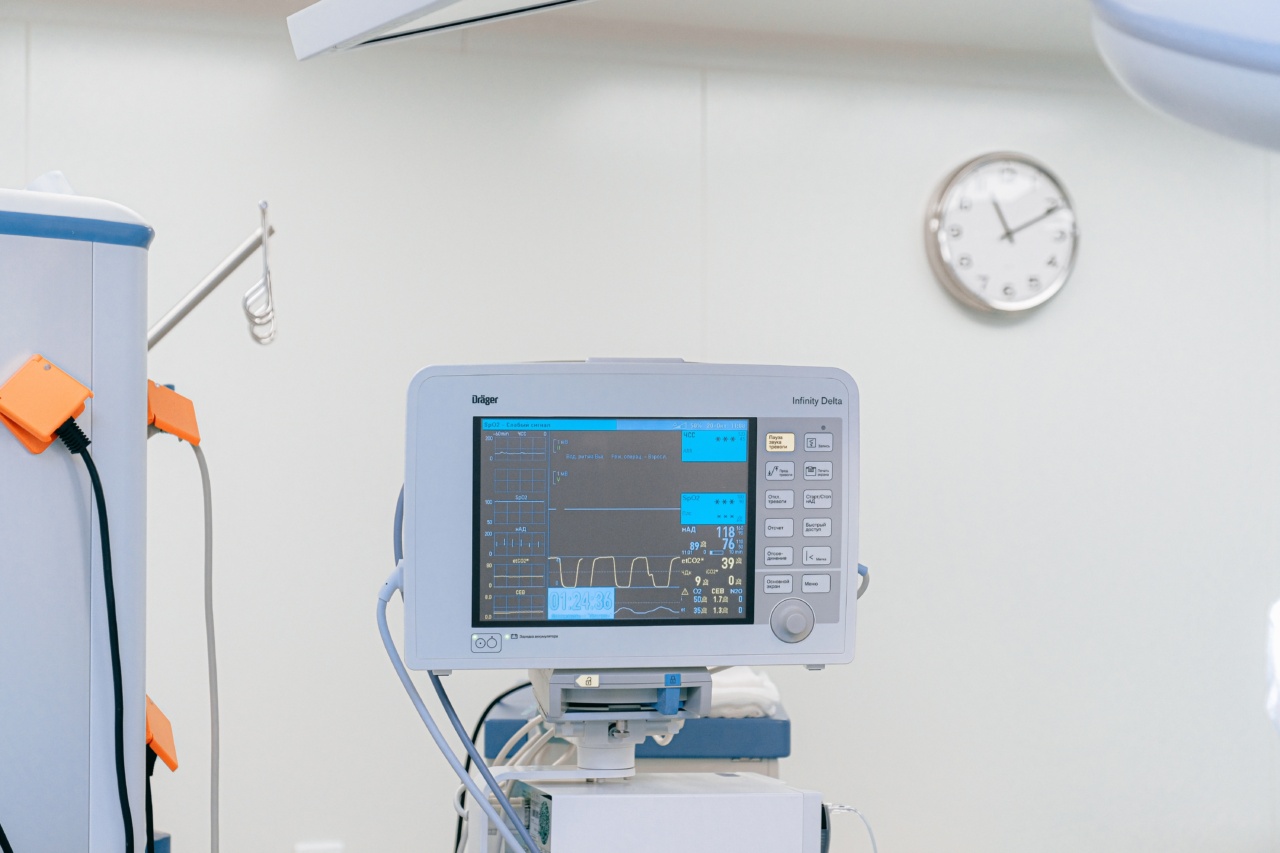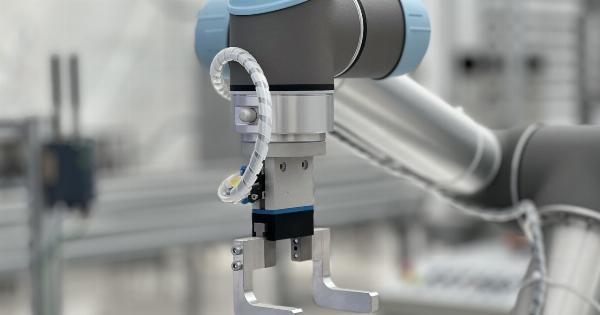Heart disease is a leading cause of death worldwide, and advancements in surgical techniques are crucial to improving patient outcomes.
In a significant step forward, a breakthrough heart surgery technique has recently been introduced in Montreal, offering new hope to patients suffering from various heart conditions. The pioneering procedure, developed by a team of expert surgeons at a renowned medical center in Montreal, promises improved outcomes, shorter recovery times, and a higher success rate compared to traditional heart surgery methods.
What is the Breakthrough Heart Surgery Technique?
The breakthrough heart surgery technique, known as [INSERT NAME], is a minimally invasive procedure that allows surgeons to repair damaged heart valves or arteries without resorting to open-heart surgery.
Unlike conventional techniques that necessitate large incisions and splitting of the breastbone, this innovative procedure involves making a few small incisions or using catheter-based approaches to access the heart. This minimally invasive technique significantly reduces trauma to the patient’s body, resulting in less pain, fewer complications, and a quicker recovery.
The Advantages of the Breakthrough Technique
The introduction of this breakthrough heart surgery technique in Montreal brings several benefits to patients and the medical community:.
1. Minimally Invasive Approach
One of the most significant advantages of this technique is its minimally invasive nature. By eliminating the need for extensive incisions, the procedure greatly reduces the risk of infection and postoperative complications.
Patients also experience less pain and scarring while attaining faster recovery times.
2. Reduced Hospital Stay
Traditional heart surgeries often require several days or even weeks of hospitalization. However, the breakthrough technique allows patients to leave the hospital sooner, typically within a few days.
This not only improves the patient’s overall experience but also reduces healthcare costs and frees up hospital resources.
3. Improved Patient Outcomes
The breakthrough heart surgery technique has shown promising results in terms of patient outcomes.
Studies indicate that this innovative approach leads to lower mortality rates, fewer postoperative complications, and improved long-term prognosis compared to conventional heart surgeries. Patients can expect a better quality of life and a reduced risk of future heart-related issues.
4. Faster Recovery
Recovering from open-heart surgery can be a long and arduous process. However, with the introduction of the breakthrough technique, patients experience a significantly faster recovery.
The reduced trauma to the body allows individuals to regain their strength, mobility, and overall well-being at a faster pace, enabling them to resume their daily activities sooner.
5. Precision and Accuracy
The breakthrough heart surgery technique incorporates state-of-the-art imaging technologies and advanced surgical tools. This allows surgeons to perform intricate procedures with precision and accuracy, resulting in better outcomes for patients.
The enhanced visualization and control offered by this technique greatly reduce the risk of errors and complications during surgery.
6. Versatility
Another remarkable aspect of the breakthrough heart surgery technique is its versatility.
It can be employed to treat a wide range of heart conditions, including valve repair or replacement, coronary artery bypass grafting, atrial septal defect closure, and more. The ability to address multiple cardiac conditions through a single minimally invasive procedure provides a comprehensive solution for patients with diverse cardiovascular issues.
7. Considerably Lower Risk
Compared to traditional open-heart surgeries, the breakthrough technique carries significantly lower risks for patients.
With minimized trauma and reduced reliance on the heart-lung bypass machine, the chances of complications such as stroke, infections, bleeding, or heart attacks are significantly decreased. This enhances patient safety and reduces the overall risks associated with cardiac surgeries.
8. Increased Accessibility
By offering an alternative to open-heart surgery, the breakthrough technique increases accessibility to cardiac interventions.
Patients who were previously deemed high-risk for open-heart procedures now have a viable and less invasive option available to them. This increased accessibility ensures that a broader population of patients can benefit from timely and effective heart surgery.
9. Continual Technological Advancements
The introduction of the breakthrough heart surgery technique is not the end of advancements in cardiac surgery.
The field of cardiovascular medicine is continually evolving, and ongoing research and development promise further improvements in the surgical techniques and technologies employed. The breakthrough technique serves as a stepping stone towards more innovative and refined approaches to heart surgery.
10. International Recognition
The breakthrough heart surgery technique developed in Montreal has gained international attention and recognition within the medical community.
Surgeons from around the world are keenly interested in adopting and implementing this technique in their own practices. This recognition highlights the expertise and innovation present in the Montreal medical community, establishing it as a leading hub for advanced cardiac interventions.
The Future of Heart Surgery
The introduction of the breakthrough heart surgery technique in Montreal represents a significant advancement in the field of cardiac surgery.
The combination of minimally invasive approaches, advanced imaging technologies, and groundbreaking surgical techniques promises to revolutionize the way heart conditions are treated. As this technique becomes more widely adopted and refined, it holds the potential to positively impact the lives of countless patients globally.
Montreal’s pioneering role in incorporating this breakthrough technique showcases the city’s commitment to innovation and excellence in healthcare.
By staying at the forefront of advancements in cardiac surgery, Montreal is solidifying its position as a leading destination for patients seeking state-of-the-art treatment options for heart disease.





























